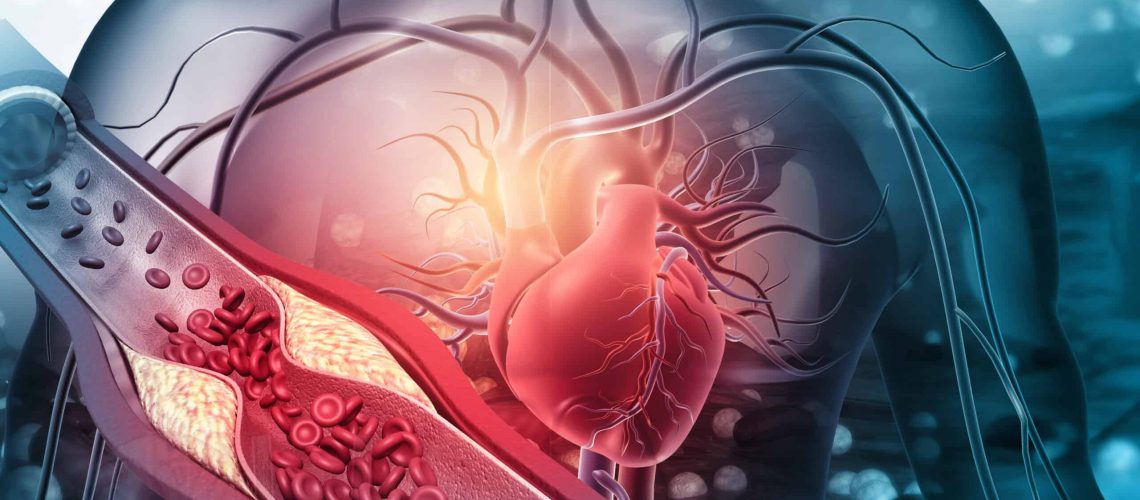Back in July 2021 we were very excited to be one of the first practices in London applying Caristo’s CaRi-Heart technology to CT data.
Almost two thirds of heart attacks occur in people who do not have significant narrowings identified on a CT coronary angiogram. The process behind build-up of atheroma in the arteries is in part driven by inflammation within the vessels, and inflammation also provokes rupture of plaques within the arteries, which causes heart attacks. Caristo Diagnostics developed an algorithm which can be applied to data collected during the CT scan, which gives information about the inflammatory status of the arteries, allowing for a risk score to be generated, estimating an individual’s risk of a fatal heart attack in the ensuing eight years. This is called the CaRi-Heart risk, or FAI (Fat Attenuation Index) score.
The results of a landmark study have now been published, looking at data from 40,000 patients. Caristo cited one of the key findings as:
Even among the 50% of patients who had no or minimal coronary plaque at the time of the initial CCTA, those with the most abnormal FAI-Score results experienced a 9.5-fold higher risk for cardiac mortality and 5.5-fold higher risk for major adverse cardiac events (MACE).
This really is quite compelling, and the CaRi-Heart score is being used more and more to help refine risk in asymptomatic and seemingly low risk patients.
Read the full study here. You can find more information about the CaRi-Heart and CT coronary angiography by clicking here.
